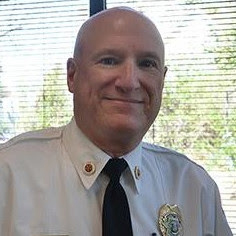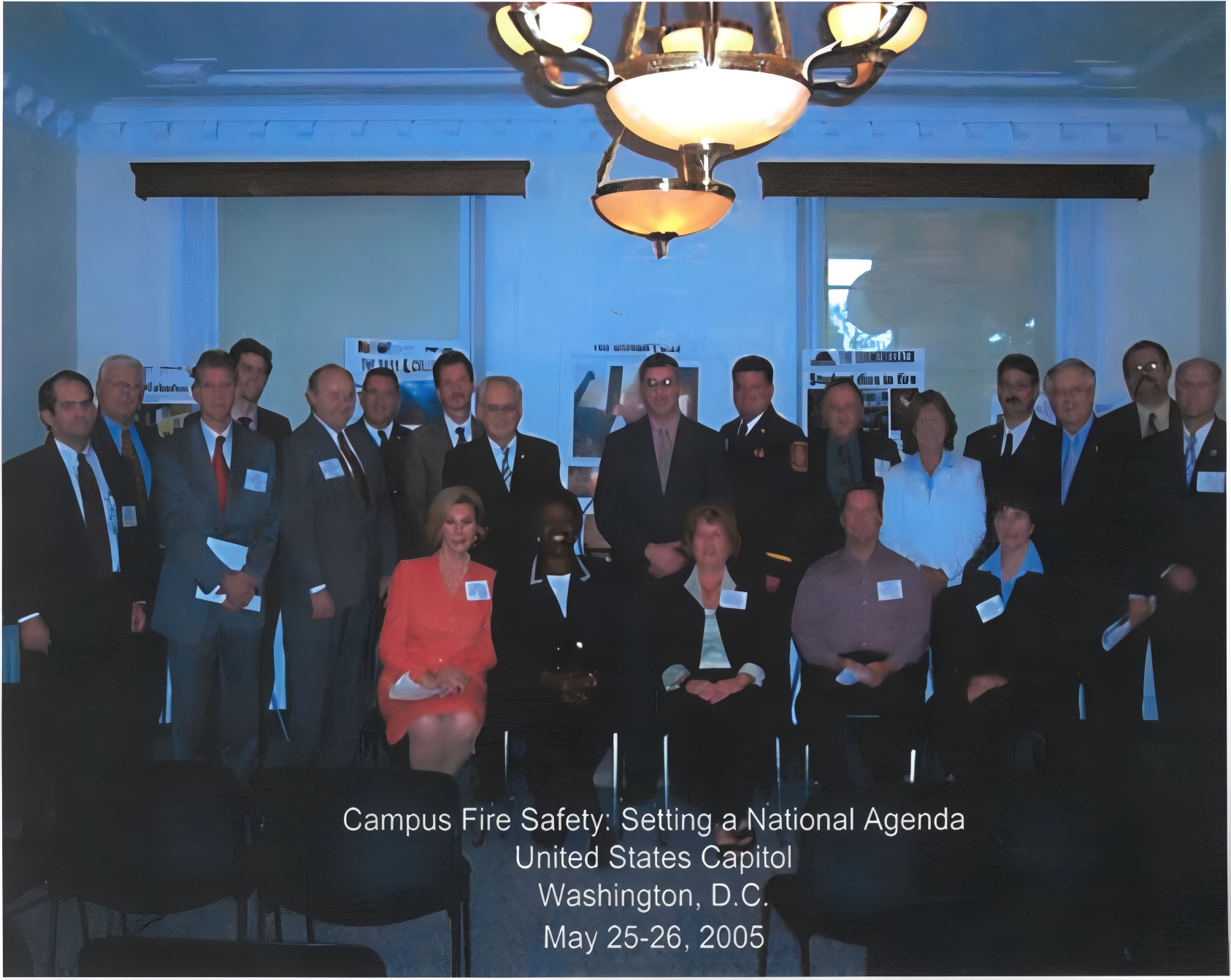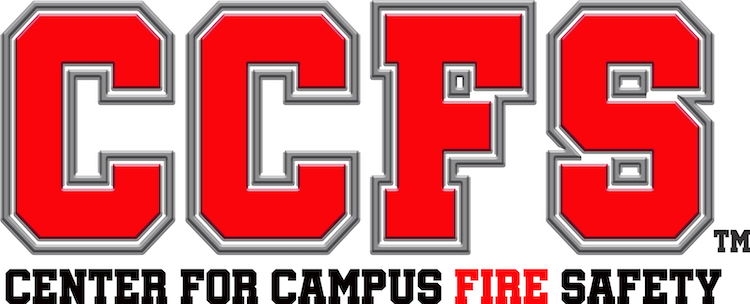|
Important Message From CCFS President
Alan Sactor CFPS, University of Maryland Fire Marshal

Year 2025 marks the 20th Anniversary of Campus Fire Safety Month

Campus Fire Safety Month (CFSM) was created on Capitol Hill during a summit of fire safety professionals, advocates, and congressional leaders invited to Campus Fire Safety: Setting a National Agenda. The milestone event was organized by Center for Campus Fire Safety (CCFS) founder Ed Comeau. Campus Fire Safety Month is held annually in September, to raise awareness about fire safety in college housing during the peak of student move-in season. CCFS and university fire officials send letters to governors requesting proclamations to officially designate September as Campus Fire Safety Month in their states. The effort is supported at the national level by multiple bipartisan Senate Resolutions, the most recent in 2020 sponsored by Senator Susan Collins of Maine. September was chosen as the month for Campus Fire Safety Month because it is the time of year that students are returning to campus residence halls and off-campus housing. It is important to Inform students about fire safety and encourage fire safe practices as soon as they move into campus housing at the start of the new academic year.
The Center for Campus Safety, in partnership with the National Fire Protection Association (NFPA), continues the Campus Fire Safety Month campaign by promoting campus fire safety and providing resources.
Key Focus Areas
- Unattended Cooking. CFSM highlights the risks of unattended cooking, which is a leading cause of campus fires.
- Smoke Alarms: CFSM Emphasizing the importance of working smoke alarms and the dangers of disabling them.
- Micro-mobility/Lithium-Ion Battery Fire Reporting resources to assist campus fire safety professionals in the development of educational programs, policies/procedures, and advocacy efforts.
- Knowing what to do if there is a fire and safe evacuation.
CCFS Student Fire Safety Statistics & Outreach
CCFS has been tracking on-campus and off-campus student fire deaths that have occurred since January 2000, including Greek housing and residences within a three-mile radius of college or university campuses.
Tragically, 134 student lives were lost with 114 of these in off-campus housing since January 2000. Fortunately, these tragedies have been trending down, but we have to maintain our fire prevention efforts. That’s why CCFS and NFPA work together each year. We developed the Student “Share” program with safety tips and videos that both educators and students can use at no cost. These resources should help us to reach Off-Campus areas as well.
|
Campus Fire Safety Kicks Off This September
As the new school year approaches, college students across the country are preparing to move into dormitories and off-campus housing. To help ensure these living spaces are as safe as possible, the National Fire Protection Association® (NFPA®) and the Center for Campus Fire Safety (CCFS) are once again partnering this September for their annual Campus Fire Safety for Students campaign.
CCFS President Alan Sactor highlights the urgency of education around battery and technology use:
He adds:
“Micromobility devices like e-bikes and e-scooters and smaller electronics such as cell phones, laptops, and tablets are essential to daily college life, but many students may not be aware of the fire risks associated with these devices,” said CCFS president Alan Sactor. “The batteries that power these devices can present safety hazards such as overheating, fire, or even explosions. NFPA and the CCFS are working together to help educate all members of the college and university campus community on how to safely use, store, and charge these devices to reduce the risk of fire.
“College students rely on technology and micromobility devices every day, but it’s critical that they know how to use and store them safely. Our partnership with NFPA allows us to reach thousands of students with practical steps that help reduce fire risks on and off campus.”
Get Involved
Schools, parents, and students can access free tools, resources, and safety tips through:
STATISTICS:
According to CCFS, from January 2000 to September 2024:
https://www.myccfs.org/fire-fatality-stats
- 94 fatal fires occurred on a college campus, in Greek housing, or in off-campus housing within three miles of the campus, claiming 134 lives.
- Of the 94 fires, 38 were accidental and involved cooking, candles, smoking, or electrical equipment. This category resulted in 51 student fatalities.
According to NFPA’s latest “Fires in Dormitory-Type Properties”:
The latest NFPA statistics, show that U.S. fire departments responded to an estimated average of 3,331 structure fires each year in dormitories, fraternity houses, sorority houses, and barracks between 2018 and 2022. Fires in dormitory-type properties caused an annual average of 21 civilian deaths, 23 civilian injuries, and $21 million in direct property damage during that period. Approximately three out of four fires in these properties began in the kitchen or cooking area, accounting for 58 percent of the civilian injuries and 11 percent of the direct property damage. Cooking equipment was involved in nearly eight out of 10 fires.
|



